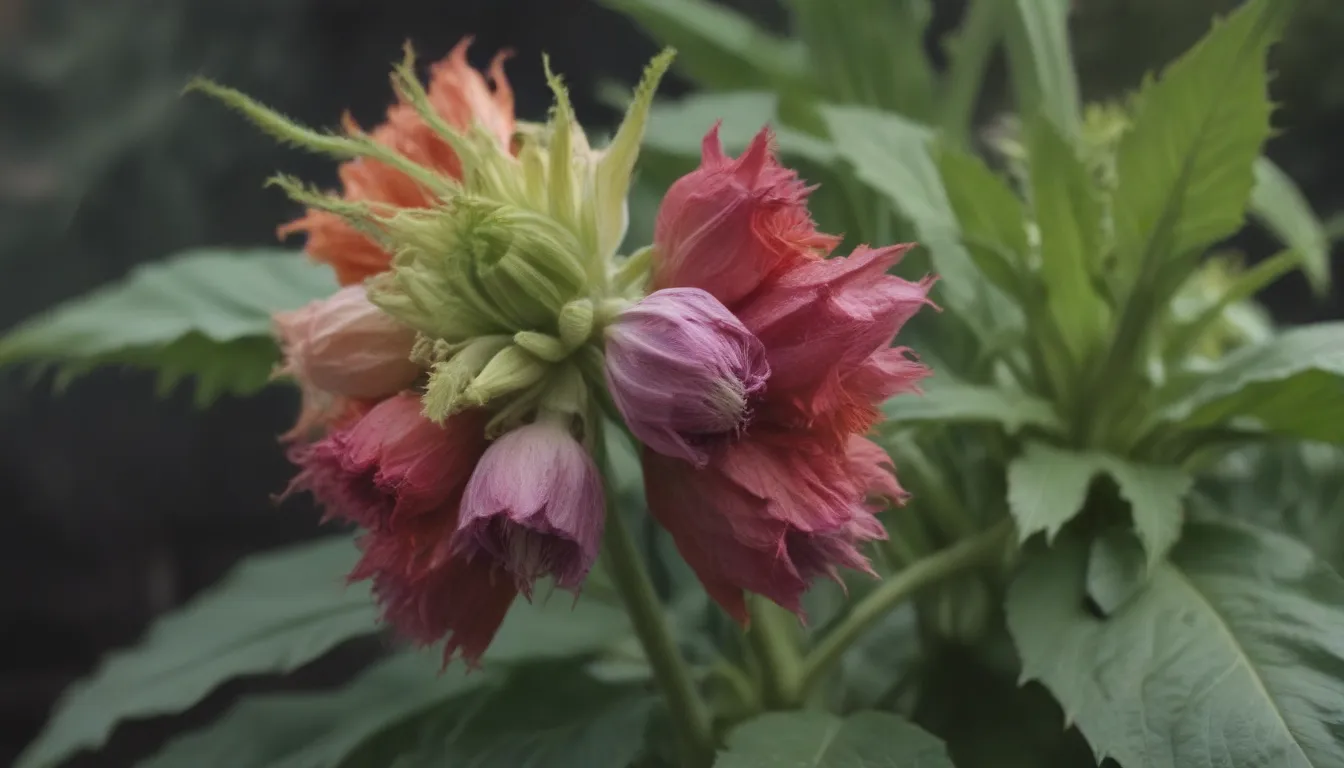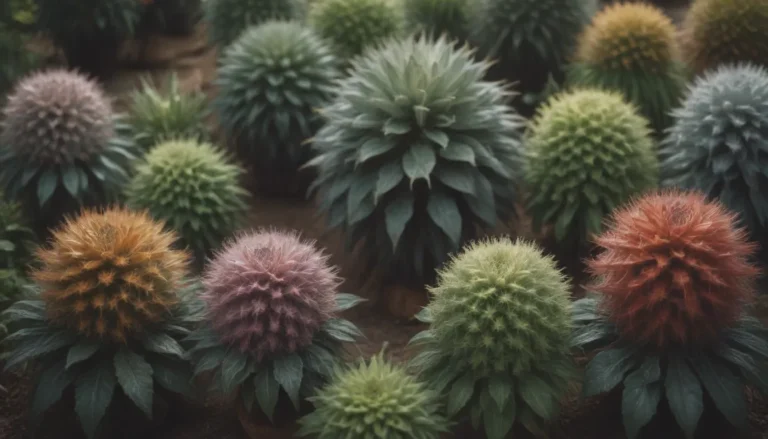The Benefits of Companion Planting with Okra

Are you looking to improve the health of your vegetable garden and increase your harvest yield? Companion planting may be the solution for you! This organic method of planting different crops together can help control pests and diseases while promoting overall plant health. While there is scientific evidence to support the benefits of companion planting, much of the wisdom surrounding this practice comes from experienced gardeners who swear by its effectiveness.
Whether you’re a seasoned gardener or just starting out, understanding which plants work well with okra can help you create a thriving garden. In this article, we will explore the best and worst companion plants for okra, along with some helpful tips and tricks to maximize your garden’s potential.
Good Companion Plants for Okra
Okra (Abelmoschus esculentus) is a unique vegetable with a texture that can divide opinions. Despite its slimy reputation when cooked, okra is a versatile ingredient that is essential in dishes like gumbo. With its showy flowers and tolerance for drought conditions, okra is a valuable addition to any garden.
When it comes to companion planting, okra thrives when planted alongside other water-loving plants. Some of the best companion plants for okra include:
- Cucumbers
- Melons
- Eggplant
- Sweet or hot peppers
These plants have similar water requirements to okra, creating a harmonious growing environment. By planting them together, you can help support the overall health and vitality of your garden.
Bad Companions for Okra
While okra has plenty of good companions, there are a few plants that should be kept at a distance. Nematodes, for example, can pose a threat to okra plants by feeding on their young roots. To avoid issues with nematodes, it’s best to avoid planting okra in soil that has previously grown vine crops like sweet potatoes or squash. However, okra generally doesn’t have many “bad companions,” making it a versatile and easy-to-grow crop.
Okra as a Companion Plant
Okra’s sturdy stems and ability to thrive in hot weather make it an excellent companion plant for other crops. Here are some ways in which okra can benefit your garden:
- Windbreak: Okra’s sturdy stems can act as a windbreaker for more delicate plants like peppers.
- Shade Provider: Okra’s tall growth habit can provide shade for tender plants that prefer partial sun, such as lettuces and herbs like parsley, tarragon, chives, and cilantro.
- Succession Planting: Pairing okra with early cool weather crops like peas allows for a continuous harvest throughout the growing season. Once the peas have been harvested, there will be more space for the okra to flourish.
By strategically planting okra alongside compatible crops, you can create a thriving garden that benefits from the diversity of plant species.
Additional Tips for Companion Planting
In addition to choosing the right companion plants for okra, consider the following tips to maximize the benefits of companion planting in your garden:
- Rotate Crops: To prevent the buildup of pests and diseases, rotate your crops each season. This practice can help maintain the health of your soil and reduce the risk of plant-related issues.
- Utilize Companion Planting Charts: Refer to companion planting charts to determine which plants work well together and which ones should be kept apart. These charts can serve as a valuable resource as you plan your garden layout.
- Experiment with Different Combinations: Don’t be afraid to try out new companion plant combinations in your garden. By experimenting with different pairings, you can discover which plants work best together and optimize your garden’s productivity.
In conclusion, companion planting is a valuable practice that can benefit your garden in numerous ways. By planting okra alongside compatible companion plants, you can create a diverse and thriving garden that is more resistant to pests and diseases. Experiment with different plant combinations, rotate your crops regularly, and refer to companion planting charts to maximize the benefits of this organic gardening method.
Sources:
– Msstate.edu – Companion Planting Improves Gardens
– University of Massachusetts Amherst – Companion Planting in the Vegetable Garden
– University of Georgia Extension – Home Garden Okra





